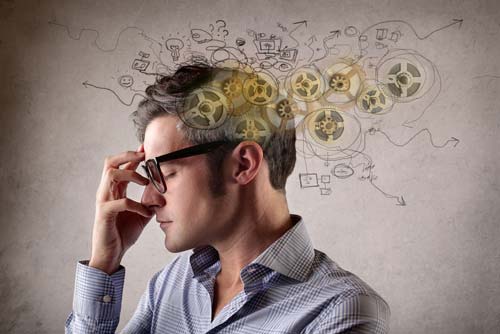The Science of Learning Research Centre and The University of Queensland Brain Institute have published a practical guide on how to optimise your learning and memory. While it was previously believed that our brains were fixed and unchangeable, it’s now been proven that human brains are malleable and consistently change over time. This means lifelong learning is the key to a sharp and functional mind.
An essential element of the guide is the importance of both physical and mental exercise. Research conducted by Prof. Perry Bartlett and Dr. Daniel Blackmore, show that physical exercise can increase brain cell production and improve long-term learning and memory. Similarly, Prof. Jason Mattingley, a cognitive neuroscientist, has proven that your broader brain performance can be improved by brain training for specific tasks. One great way to do this is to use brain training apps like Lumosity, Elevate or CogniFit.
The Harvard Health Publication also has some useful tips on how to prevent cognitive decline as you get older. Getting plenty of sleep, limiting your alcohol consumption, having good social connections and eating a balanced diet can all make a big difference.
There are also several measures you can take to keep your mind active in order to improve and protect your memory. It’s proven that your mental function can improve by challenging your brain, either through work, education, hobbies or the acquisition of new skills. It’s also helpful to take advantage of calendars, planners, maps, lists etc. to keep routine information accessible, letting your brain focus on learning and remembering important things.
Repeating information, either out loud or in written form, also helps reinforce the memory of it. And repetition is most effective when it’s performed over longer periods of time rather than over shorter time frames.
While cognitive skills and mind performance is still being researched, we are well on the way to being able to repair the human brain. The fact that it can potentially lead to the treatment of dementia and depression is also an exceptionally exciting bonus.
